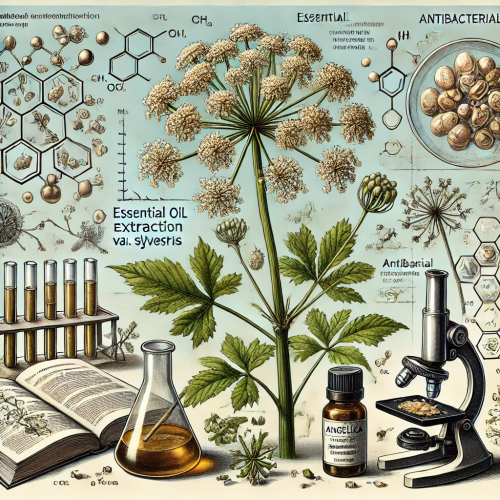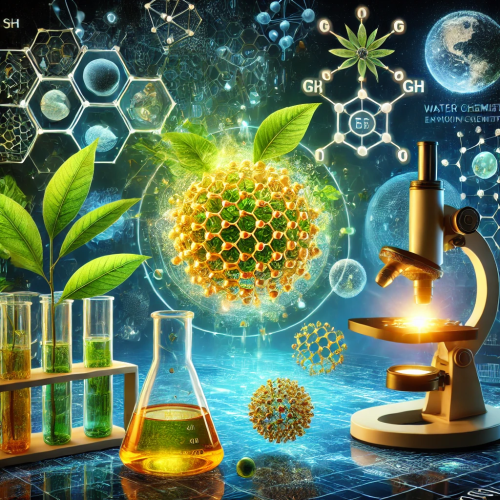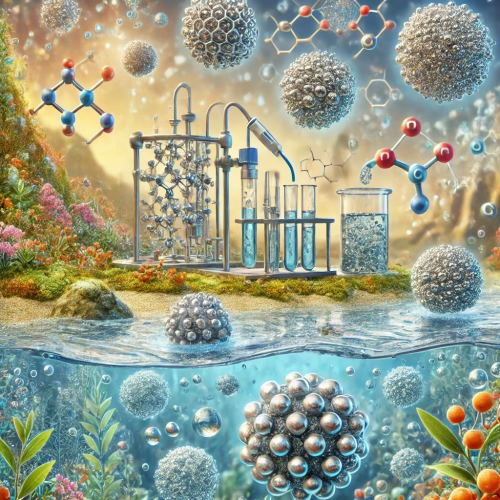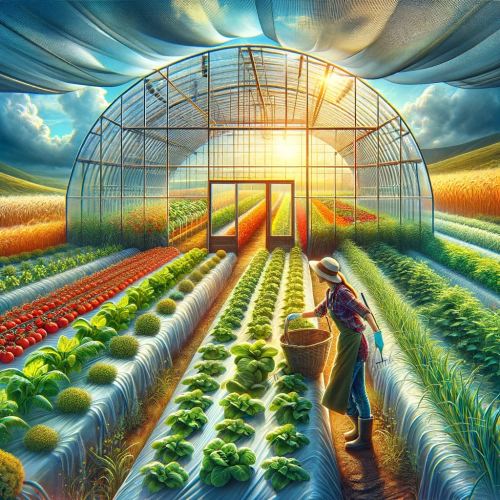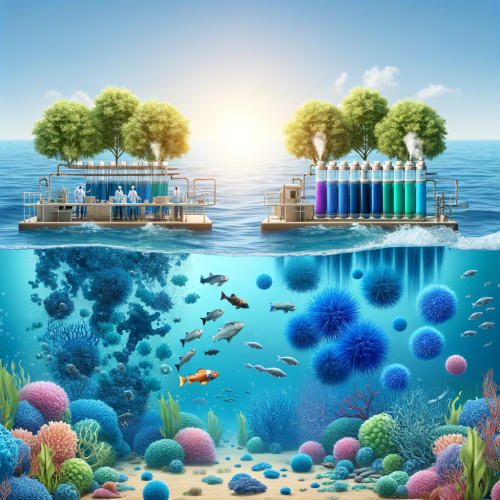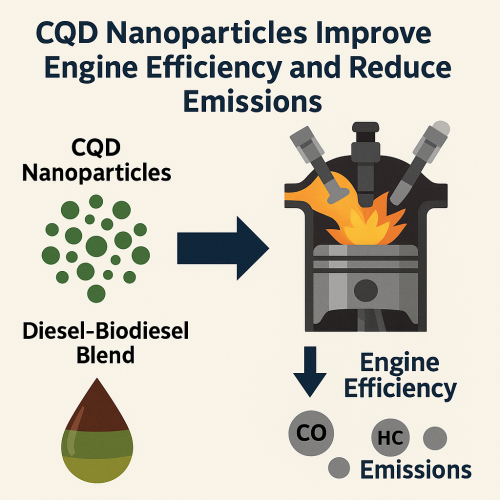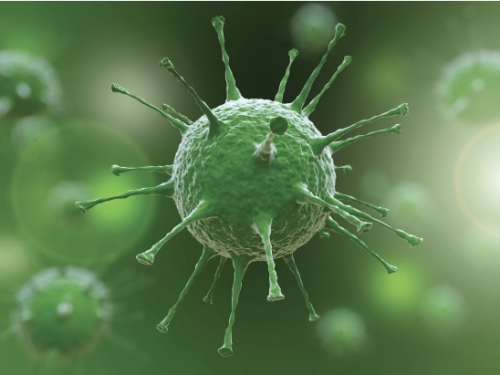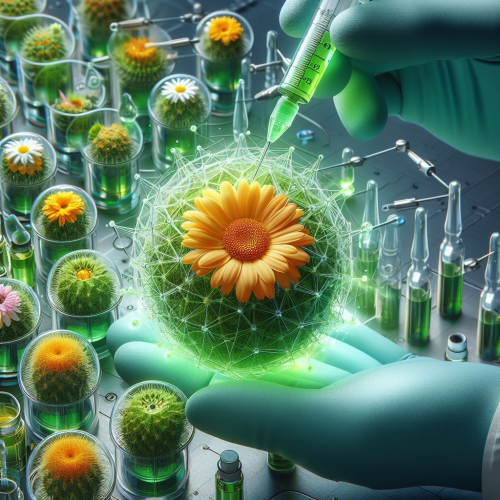
Microplastics, as a source of pollution that is increasingly prevalent in our environment, are also creating serious impacts on plant ecosystems. These small plastic particles, first defined in 2004, are making their presence felt in many ecosystems, especially in oceans. However, their effects on terrestrial ecosystems have not yet been sufficiently studied. These microplastics accumulating in the soil can negatively affect the growth mechanisms and overall health of plants.
The Role of Microplastics in Plant Ecosystems and Their Environmental Effects on Plant Health
This new research examines more closely the effects of microplastics on plant development, revealing their impact on seed germination, root and stem development, chlorophyll content, and gene expression. According to the research findings, especially small-sized plastic particles and high concentrations can negatively affect plant growth. Nevertheless, it has also been observed that in some cases, low concentrations of microplastics can promote plant growth. Alongside these findings, signs of oxidative stress and toxic responses have also been observed in the roots of plants exposed to microplastics, especially at high concentrations. This situation can negatively affect the overall health of plants and reduce agricultural productivity. Additionally, the accumulation of these particles in plant tissues can pose potential risks to human health through the food chain.
The Importance of This Research
All the findings obtained from this research emphasize the need and importance of further studies to better understand the negative effects of microplastic pollution on plant ecosystems. This research is considered a critical source of information for taking strategic steps in combating environmental pollution and protecting plant health in the future.
Link to the study: https://pubmed.ncbi.nlm.nih.gov/38430596/
Diğer Haberler


